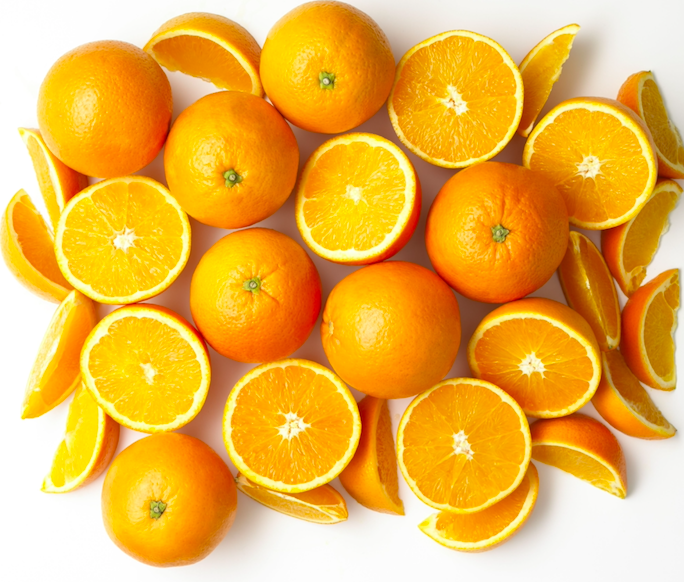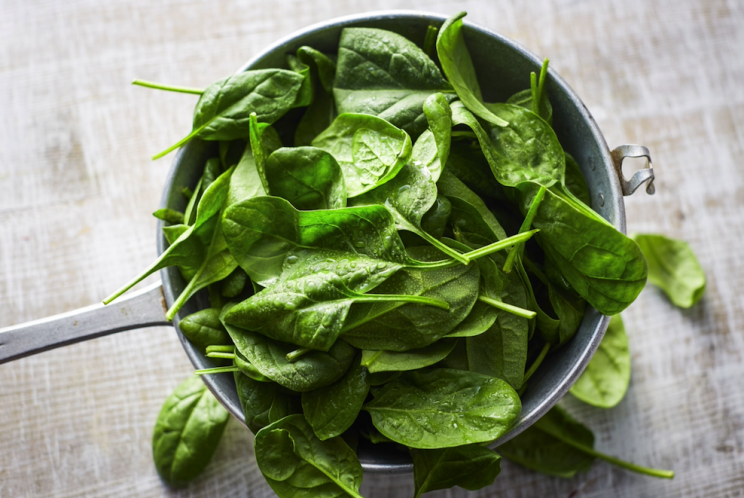Which vitamins should I be taking? The supplements you actually need and the ones that could be doing harm

Experts have stated that vitamin D supplements could stave off infections like colds and flu every year for millions of people.
Vitamin D has been a hot topic in medical circles in recent years with their benefits being questioned by some scientists.
However, a new study in the British Medical Journal suggests that taking vitamin D may have benefits beyond bone and muscle health and protects against acute respiratory infections.
With the spotlight once again thrown on the “sunshine vitamin”, how do other vitamin supplements shape up – and are they good or bad for you?

Vitamin A
Also known as retinol, vitamin A can be found in foods like cheese, oily fish and eggs and it helps boost your immune system to fight off infections. The NHS states adult men need 0.7mg of vitamin A a day, with adult women needing 0.6mg a day. However, any that is not used is stored in the body for future use and regularly taking supplements or eating vitamin A-rich liver more than once a week can result in weaker bones over the course of time. Pregnant woman are also advised to not take any supplements containing vitamin A as it can harm unborn babies. Women who have been through the menopause and older men, who are more at risk of osteoporosis, should also avoid having more than 1.5mg of vitamin A a day.

Vitamin B
There are many types of B vitamins that perform different functions. They are found in a variety of foods – from fish, to red meat to peanuts. And while they have different functions, they all ultimately play an important part in maintaining good cell health and keeping you energised. Due to the variety of foods that contain vitamin B, supplements are not often required. However, a vitamin B deficiency can lead to health problems including anaemia – which can cause extreme tiredness mouth ulcers and even depression. One of the most well-known B vitamins is folic acid – with supplements recommended to pregnant women to help prevent birth defects such as spina bifida.
MORE: Tree surgeon killed in horrifying accident after chainsaw slices into his neck
MORE: Clothes rail full of coats for the homeless is stolen within 24-hours

Vitamin C
Found in a variety of fruit and vegetables (most notably orange juice), vitamin C is needed in your diet every day as the body cannot store it up. It helps keep cells healthy and will speed up the healing of cuts and scrapes. Supplements come in chewy and drinkable forms and a daily does of 40mg in adults is recommended. However, too much vitamin C intake can lead to embarrassing problems like flatulence and diarrhoea.

Vitamin D
Vitamin D – found in foods like liver, egg yolks and oily fish – can also be soaked in naturally during the summer months as the sun shines on our bodies. It is necessary to keep our bones, teeth and muscles healthy. Today’s study also claims it can help stave off colds and flu. Supplements are recommended for people who are not exposed to sunlight – such as those who work inside or live in care homes. Too much vitamin D supplements can lead to too much calcium in the blood, that can lead to weakened bones and damaged kidneys. More than 100mcg of vitamin D a day could be harmful, according to the NHS.

Vitamin E
Nuts, seeds and olive oil are a good source of vitamin E, that helps maintain healthy skin and eyes, as well as boosting the immune system. A varied diet should mean supplements are not needed and it can be stored in the body if not used up. There is currently no evidence as to any effects of high doses of vitamin E.

Vitamin K
Needed for blood clotting so that wounds can heal quickly, vitamin K is found in green leafy vegetables and cereal grains. Supplements are generally not needed with a varied diet but too much is not recommended – although no evidence of the effects of high doses is currently known. The body once again stores up vitamin K for future use.
Top pic: Rex

 Yahoo News
Yahoo News 


